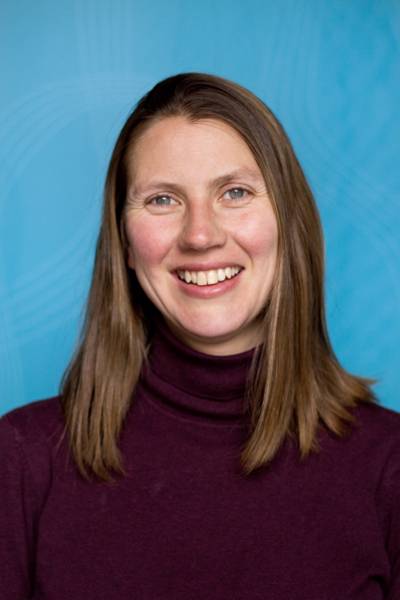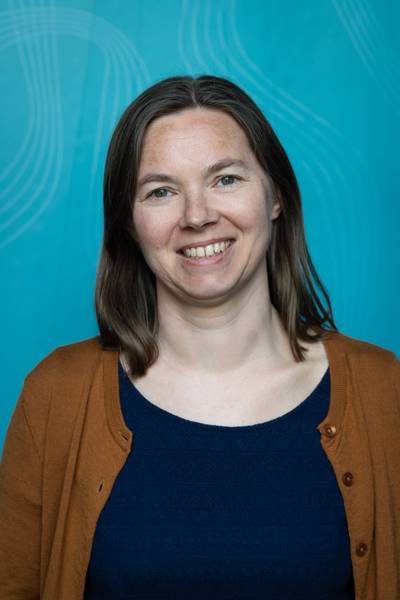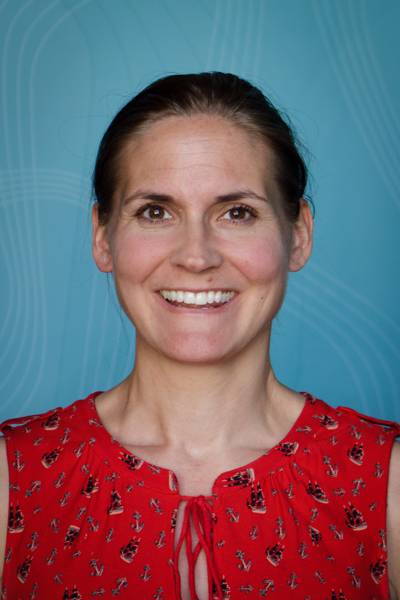Introduction: Uganda is one of the largest refugee-hosting nations in the world, with the majority of the refugees having fled South Sudan. In the early 2000's the local government and refugee health systems were merged to create a more equal and integrated system for refugees and the host population. Our aim is to investigate whether mothers from the two groups experience the same access to and quality of maternal health services, and whether refugee- and host-community mothers perceive the maternal health services differently.
Methods: In November–December 2019, we conducted a household survey of 1,004 Ugandan nationals and South Sudanese refugee mothers aged 15–49 in the West Nile region covering the districts of Arua, Yumbe, and Adjumani, and elicited information on access to maternal health care services, perceptions of the quality of services, and feelings of discrimination. The data was then analyzed using Ordinary Least Squares and logistic regression.
Results: Our analyses do not reveal large differences between refugees and the host community in terms of access to and the quality of maternal health services. Results from bivariate models indicate that refugee mothers are 6% points less likely to receive antenatal care (p-value < 0.05) but are 8% points more likely to give birth at a health facility (p-value < 0.05). Refugee mothers are generally less satisfied with how they were treated during antenatal care (0.132 lower average value on a Likert scale, p-value < 0.01). Refugee mothers are also 4% points more likely to feel discriminated against during ANC compared to their counterparts in the host community (p-value < 0.05).
Discussion: The way women feel treated at the health facility during maternal health care is an important aspect of quality care. While there seems to be equal access to resources between refugees and host community mothers in Northern Uganda in terms of access to and quality of care, there is still a discrepancy between the two groups in terms of how the women feel treated. Policymakers and practitioners in the health sector should pay attention to these perceived inequalities between refugees and women from the host communities to ensure equally inclusive treatment across groups.












